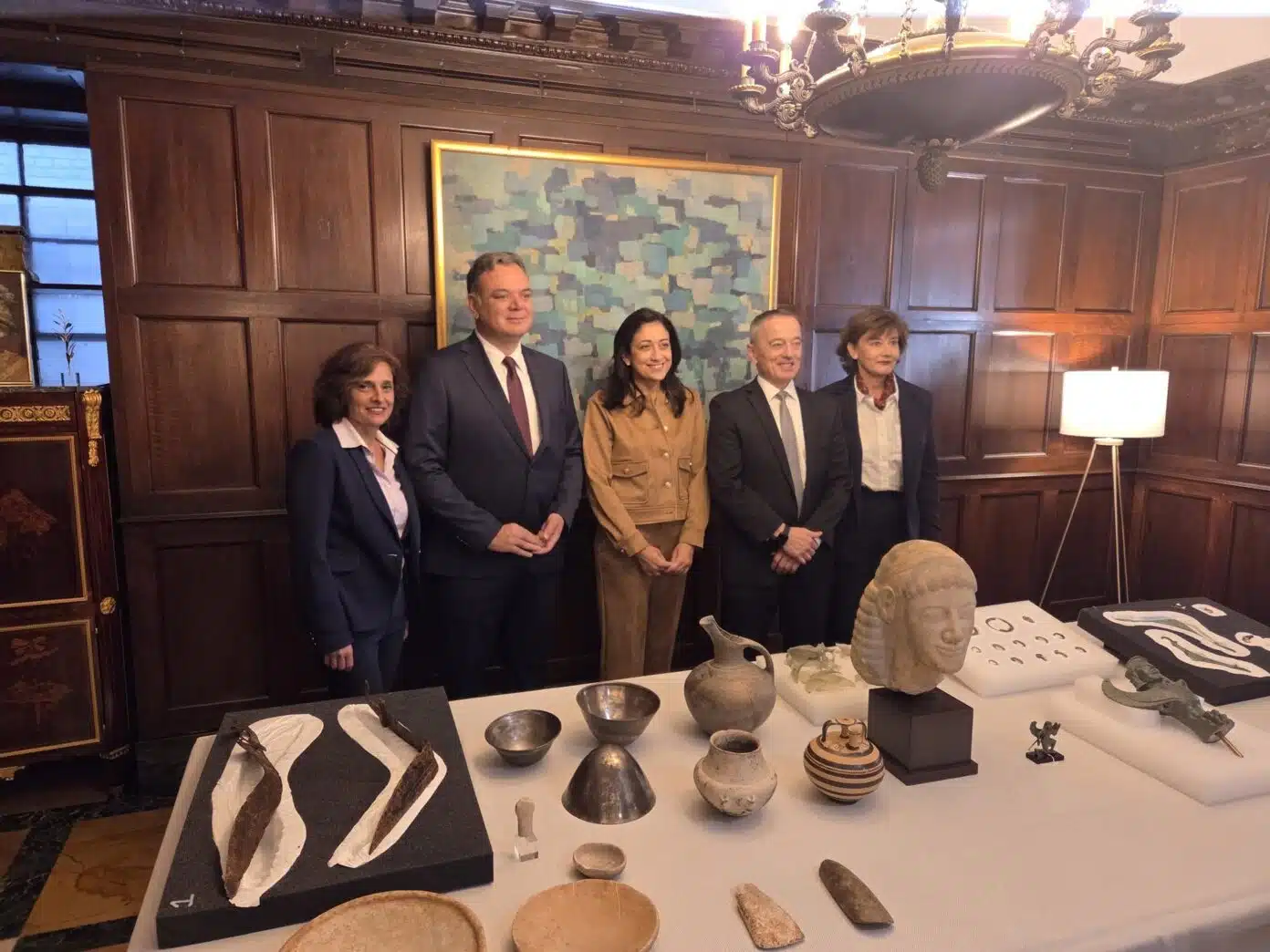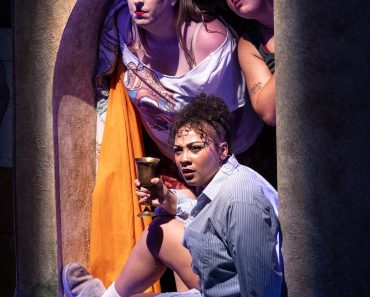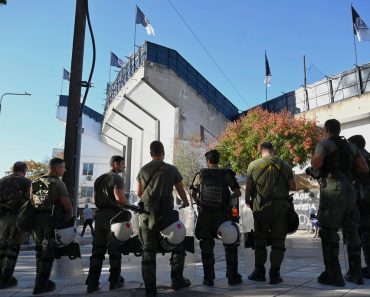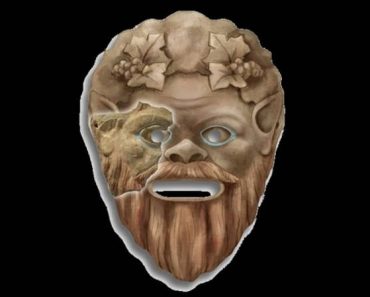In ‘Macedonian Bible’ (originally in Greek ‘Μακεδονικό Ευαγγέλιο’), Kyriakos Katharios draws the reader in from the very first pages. He begins not with abstractions, but with the personal story of his own family — grounding history in lived experience. From there, he unfolds the long timeline of Macedonia as a thoroughly Greek entity, both culturally and historically. Only after establishing these deep roots does he turn to the bitter and desperate politics of our own time, when the name “Macedonia” was handed over to another people and another culture.
Katharios writes as both poet and activist, determined to defend the Greek identity of Macedonia. His latest book, ‘Macedonian Bible’, strives to present Macedonia as Greek land since antiquity, while at the same time exposing how political elites have betrayed this truth.
From the opening pages, the author frames his study around three pivotal questions: Were the ancient Macedonians Greeks? Was their language Greek? And what were the borders of their kingdom at the time of Philip II and Alexander the Great, and in the centuries that followed? These questions are not merely academic; Katharios presses them in order to challenge today’s readers to examine the long arc of history and its distortions.
The author’s own life course gives his words weight. Born in 1964 in Kechrokampos, Kavala, Katharios studied economics at Aristotle University of Thessaloniki, contributed to the respected journal ‘Oikonomikos Tachydromos’, and published his first book in 1993. The following year he volunteered in the Bosnian war, an experience that shaped his novel ‘The Journey of the Volunteer’, later translated into Serbian. His career has since spanned writing, business, and journalism in Greece and abroad, and today he continues his literary work in Athens.
This book is not only history but also testimony: a call to remember, to question, and to resist forgetting. Katharios speaks as a warrior poet whose passion for Macedonia is inseparable from his life’s journey.
As translator, I approached this work with my own fairly limited knowledge of Macedonia’s story: a casual study of its ancient and modern history, but with a gap in between — the long centuries of Byzantium and Ottoman oppression. Just as I knew of the Peloponnesian Greeks’ great sacrifices during the War of Independence from Ottoman Turks in the 1820s, I was also familiar with the Macedonian people’s great sacrifices in supporting the Greek War of Independence and of their continued suffering under Ottoman rule until liberation in 1912 at the end of the First Balkan War, followed by the tragic partition imposed by the Great Powers. Translating this book meant carefully carrying across the author’s research and conviction, so that the facts of a three-thousand-year history — from antiquity through to the modern era — could be faithfully conveyed to new readers.
The reader will be as surprised as I was to discover not only the ancient evidence — like the Parian Marble inscriptions that affirm Macedonia’s Greek identity 2,500 years ago — but also the political shenanigans that surrounded the tragic naming of “North Macedonia” in our own time. For me, translating this book became much more than a matter of language: it was a journey through history, uncovering both the enduring truth of Macedonia’s Greek character and the painful compromises of modern politics. It is a book that remains challenging — challenging readers, just as it challenged me, to recognize the tragic consequences of handing over the gifts and treasures of Macedonia’s Greek heritage to a foreign culture.
About Eleni Phufas-Jousma
After spending four decades in higher education teaching English, Film, Writing, and English as a Second Language in the U.S. and abroad, I founded Ouranos Books out of a lifelong love for Greek culture, history, and literature. I have devoted my work as a translator, editor, and publisher to making Greek voices heard in the wider world.
Through Ouranos Books, I share the richness of Greek storytelling— classical, modern, and contemporary— bringing it to English-speaking audiences with clarity and care. Ouranos Books welcomes original manuscripts and projects written in other languages, so long as they reflect Greek and Orthodox ideals of faith, love, patriotism, and community. Beyond publishing, I am committed to preserving cultural memory and historical truth, believing that books are bridges across generations, nations, and conversations.
‘Macedonian Bible’ is available online: https://a.co/d/6kYSoTA.







